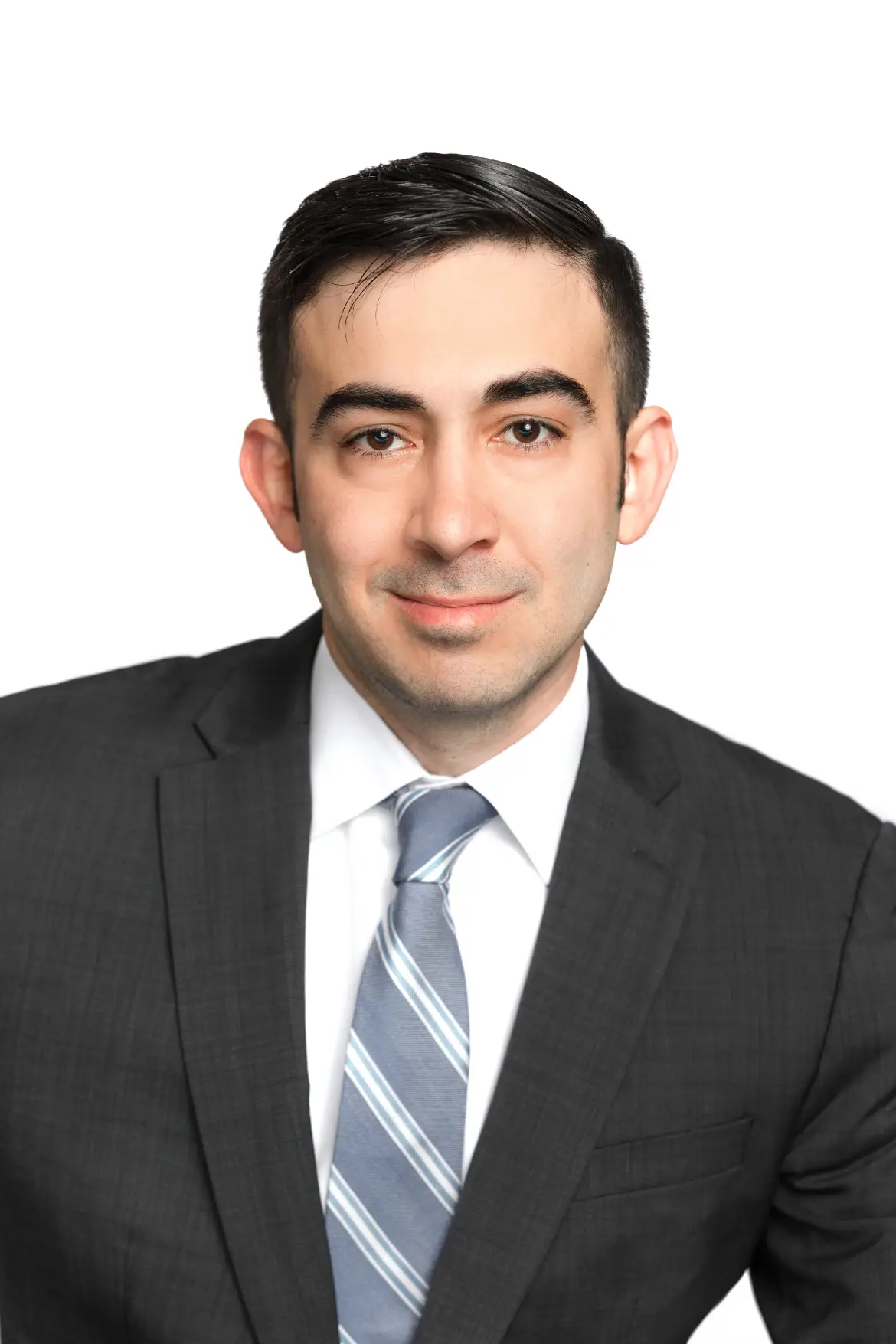
In a case that garnered international attention and a reckoning for Johnson & Johnson, the pharmaceutical giant was found liable for knowingly marketing talcum powder that contained cancer-causing asbestos. The original jury trial ordered damages of $4.69B, which was reduced to $2.1B on appeal.
Importantly, the product was removed from the North American market.
A key member of the trial team was Michael Akselrud, an associate at Lanier Law Firm. His background leant himself to this work, having clerked at the Cancer Legal Resource Center before joining the plaintiffs’ firm.
Akselrud’s current workload includes case management, and his practice continues to be largely focused on pharmaceutical litigation.
Akselrud is a graduate of Loyola Law School in Los Angeles, and a member of the Lawdragon 500 Leading Plaintiff Consumer Lawyers.
Lawdragon: Can you describe the mix of practice you do?
Michael Akselrud: I do a mix of case management and litigation case work. In case management my team and I basically deal with the case on our end of things. In other words, making sure we have everything that we need into our system – all of the documentation, all the things signed that need to be signed, ordering records, tracking the case and making sure there are no missed deadlines, and file cases. I am based in the pharmaceutical group. We mostly deal with drugs and medical devices, but really, we do other things when there is just a bad product that hurts a lot of people.
LD: What is the most interesting matter you have handled in your career?
MA: I suppose the most noteworthy case I have worked on is the talcum powder litigation. I am proud of the fact that, through our work, we were able to get the company to take the product off the market. I also worked on a case that involved an athlete who had taken a supplement and then was banned from competing because of the banned substance that was detected in her blood. But what this really meant was that the supplement that she was taking contained that substance, with no label warning. I hired someone from the UFC, as well as other Olympic people and agents – people I don’t usually get to work with.
LD: What trends are you seeing in your practice?
MA: In a lot of ways our lawsuits are essentially the same. If anything, things are trending in a bad way for plaintiffs. For example, various state laws have shrunk access to courts. Plaintiffs must do more and more to find success in litigation.
LD: Was there an early experience or mentor who really helped shape the course of your professional life?
MA: Yes, Dr. Bob Leone. Everything I know about deposition prep and psychology of witnesses was taught to me by Dr. Bob and I use everything I learned from him every time I am out in the field. His knowledge is incredible, but his experience is amazing!
LD: Can you share a lawyer you have come up against in a case or a negotiation that you admire and why?
MA: This is a hard question. For me admire is the wrong word. I respect them. Do I think some people are fair as much as they can be, and do a good job, yes.
LD: How would you describe your style as a lawyer? Or how do you think others would describe it?
MA: I think I am very relaxed. I don’t sweat the small stuff, I try to look at the big picture and work towards that and avoid getting trapped in the small issues or the daily grind.
LD: There are many high-quality firms out there. What do you try to “sell” about your firm to potential recruits, peers or even the public – how is The Lanier Law Firm unique?
Various state laws have shrunk access to courts. Plaintiffs must do more and more to find success in litigation.
MA: Our firm is special – we have a very distinct and positive work culture and are extremely accommodating, which allows people with various situations to find a home here and do good work. However, I think the biggest highlight for me is that we actually do good work, although sometimes I find myself disappointed in the way justice is rendered or the fact that it is so hard to get. But I know that regardless of those things, I feel good about what we do here. I feel that Mark [Lanier] genuinely cares about humanity and people. He gives everyone the time that they deserve. No matter who they are he will look them in the eye, hear their story, and give them his attention no matter how busy he may be. He is busy.
LD: What do you do for fun when you are outside of the office?
MA: I like to hike and snowboard when I can, but mostly hiking these days with my two dogs.
LD: Do you have a favorite book or movie about the justice system?
MA: “My Cousin Vinny” is my top favorite movie, but I also love “The Rainmaker,” “The Chamber,” and “The Pelican Brief,” they are all solid movies.
LD: If you weren’t a lawyer, what do you think you would be doing now?
MA: I would probably be a tour guide. Anytime anyone comes to visit L.A., I really enjoy showing people around, the history of things, and just sharing everything I know about that place.

